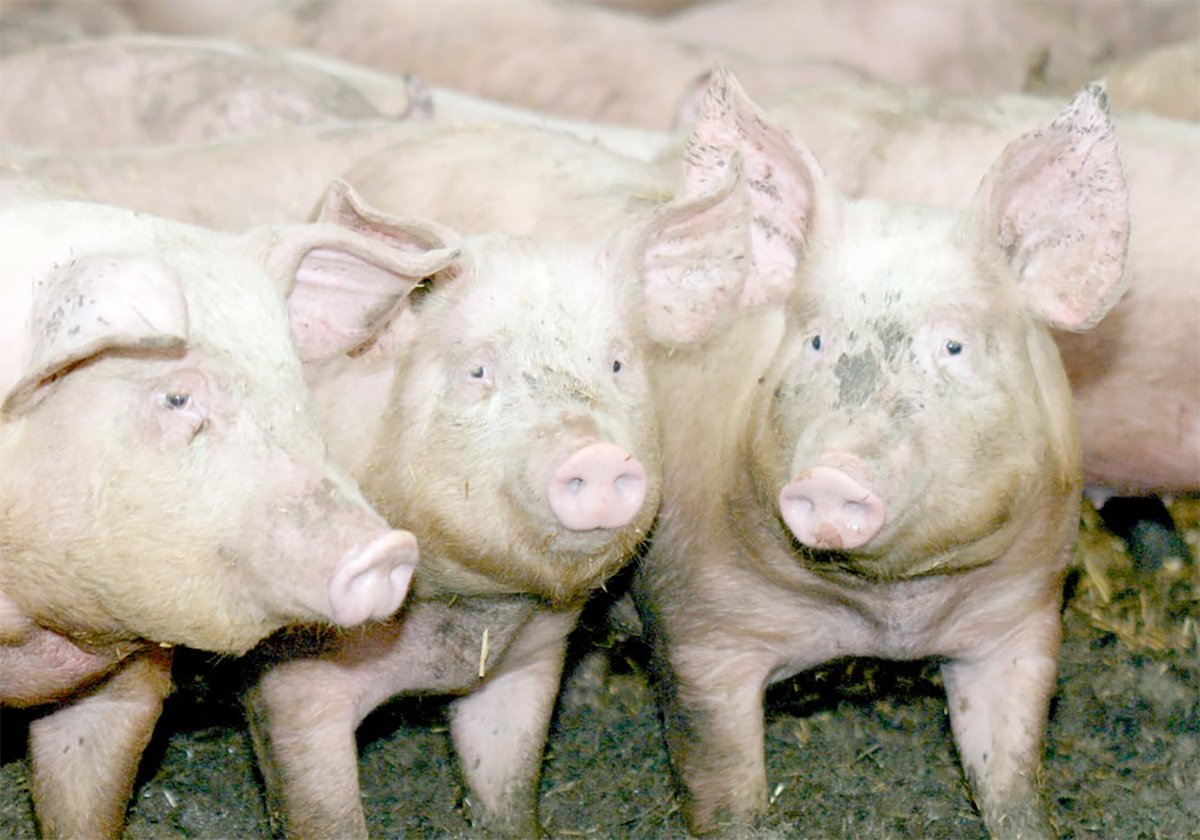Canadian cattle feeders have formed a national association.
The National Cattle Feeders of Canada held its first annual meeting in Red Deer on Feb. 24.
Rick Paskal of Picture Butte, Alta., was named president, Marc Grimard of Quebec was named vice-president and Doug Kauffman of Ontario is director at large.
The new group plans to work with government and other sectors of the industry, but it also wants to devote more attention to issues that specifically affect its members.
“There are different view-points that we have over the cow-calf industry,” Paskal said.
Read Also

The Western Producer Livestock Report – November 13, 2025
Western Producer Livestock Report for November 13, 2025. See U.S. & Canadian hog prices, Canadian bison & lamb market data and sales insights.
The association already has its plate full as it deals with the growth of the biofuel industry, the enhanced feed ban, transportation of animals and pharmaceutical approval.
As an industry heavily reliant on a steady supply of competitively priced feed grain, the cattle feeders are concerned about how ethanol development will affect the future of finishing cattle in Canada.
Most plants in the United States use corn as the main feedstock. With government tax breaks to blenders and a tariff to keep out foreign ethanol, Paskal calculates the U.S. corn market receives a $2.80 a bushel subsidy. For a number of years corn sold for less than $2.50 a bu.
As well, the amount of distillers grain will increase as more ethanol plants go into production.
“As volumes go up, the price will go down and it will be very advantageous for livestock production to be based in the United States,” Paskal said.
“In our estimation it will have a very significant impact on where cattle are going to be fed.”
The association is also concerned about new rules to remove from feed and fertilizer all specified risk materials, which are believed to potentially carry BSE infection. Ontario and Quebec members say the landfills in their region cannot handle the SRMs and no additional technology is available commercially to handle this material by the deadline in July.
“We don’t want to see packing plants curtailing activities because of the SRMs,” Paskal said.
The new association is also concerned about possible changes to animal transportation rules regarding density and time allowed for livestock to stay on trucks.
“As for the protocols we have in place for the transportation of cattle across Canada, we are doing it in a safe and efficient manner. We are concerned about the welfare of those animals,” he said.
Another issue is the approval of animal health products. A competitiveness study conducted last year through Alberta Beef Producers and the Alberta Cattle Feeder Association found Canadian producers are at a disadvantage because approval times for animal treatments lag far behind the United States and Australia.
The U.S. Food and Drug Administration has approved products in about 140 days while Australian officials take 175 to 190 days.
In Canada the approval process through Health Canada’s veterinary drug directorate has taken as long as 1,400 days.
“We can’t be too far behind the competition on this,” Paskal said.
A national organization has been discussed for several years. Board members include three representatives from Alberta and one each from British Columbia, Ontario and Quebec. There are no representatives from
Atlantic Canada.















